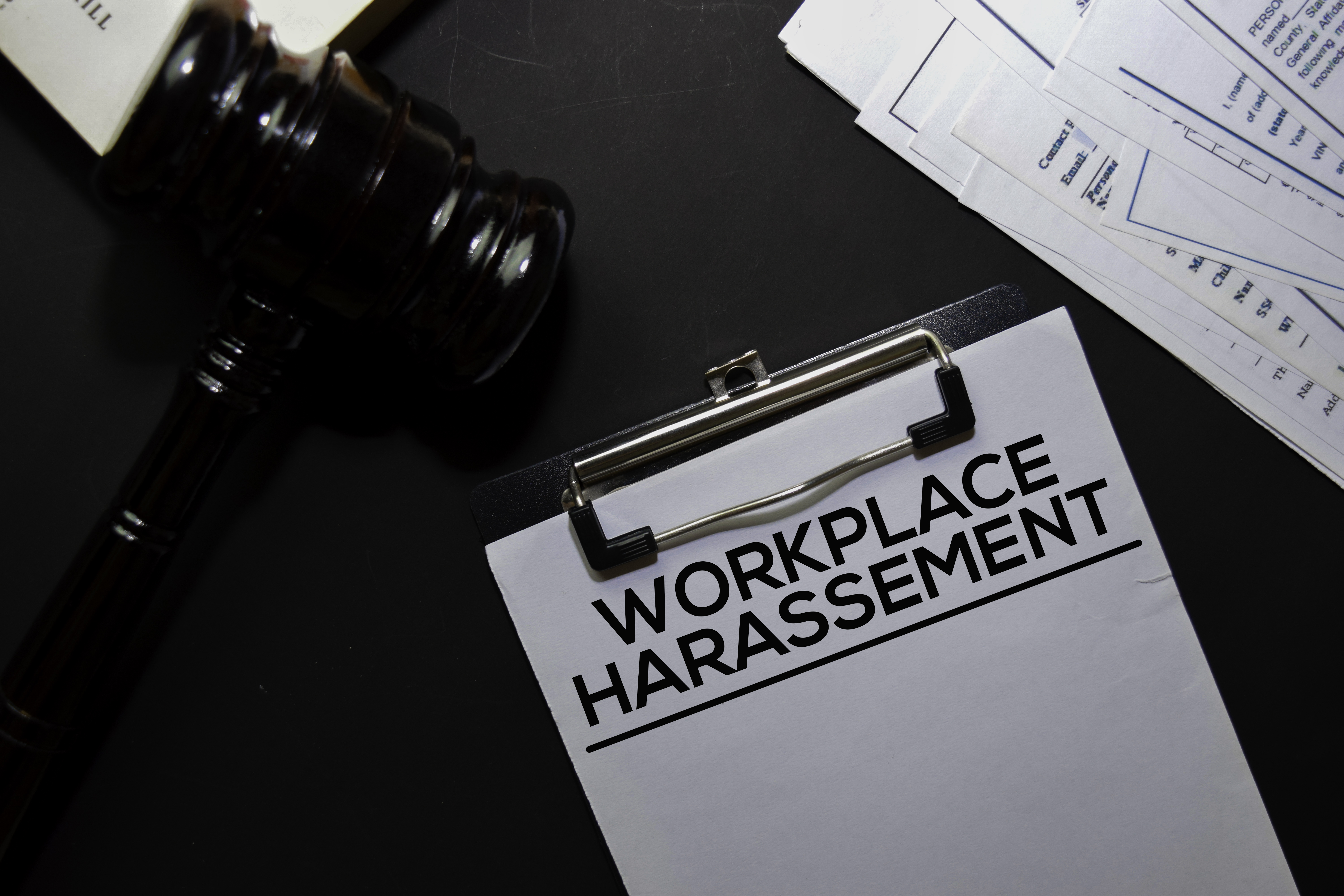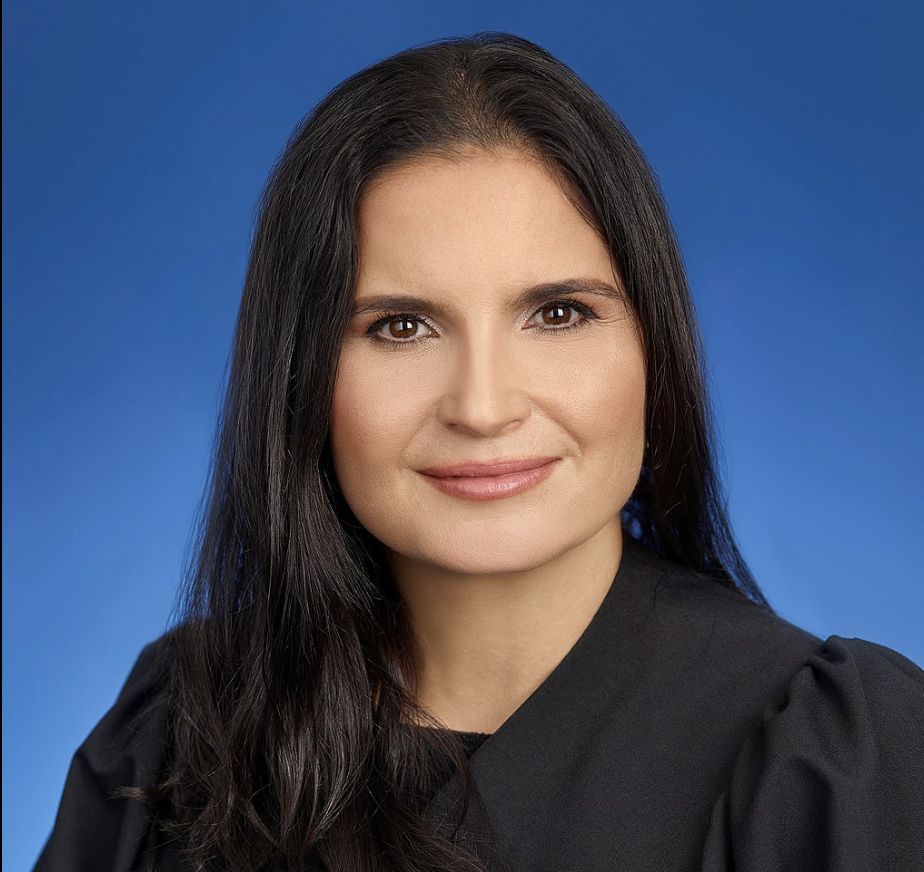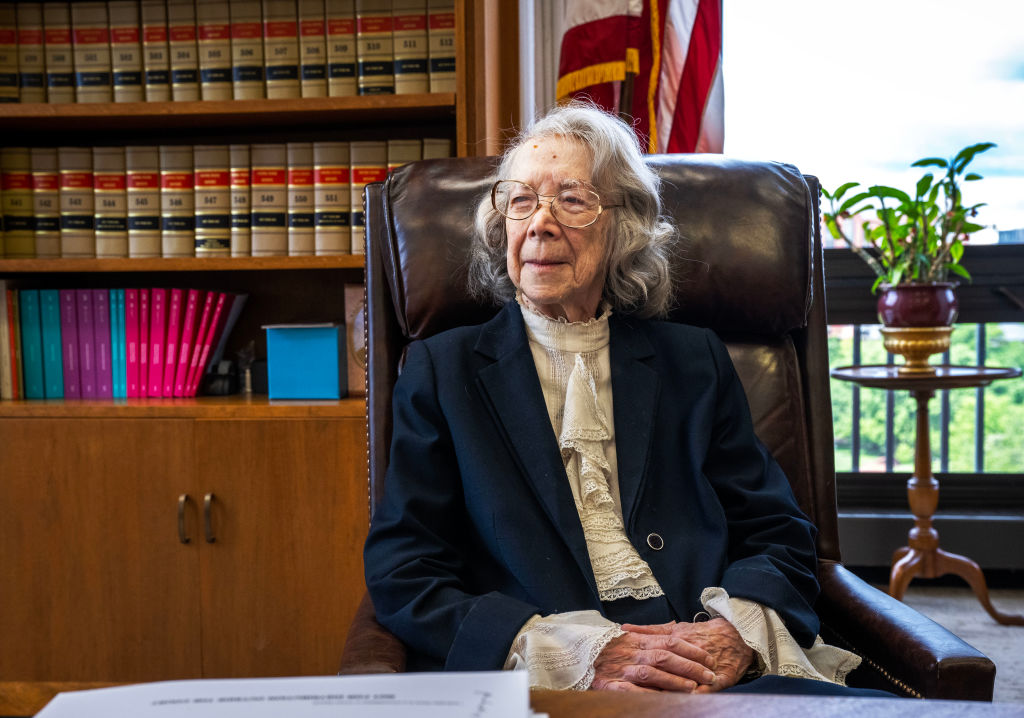
Judges No Longer Need To Stop Federal Law Clerks From Applying To ‘Political’ Jobs While Clerking
Times have certainly changed.

Times have certainly changed.

An incredibly deserving advocate for law clerks is taking home the honorary title of Lawyer of the Year.

Share your insights in this brief survey.

With competitors like the outgoing special counsel and a lawyer who defined zealous advocacy this year, you may be surprised by the winner.

Well, they already knew where the bathrooms were when they started as Supreme Court justices.

Judges must curtail clerks from applying to 'political' jobs while still working for the federal court system.

Some pretty awful behavior from the now-former judge.

See how much time your firm could be saving. Use our free law firm time savings calculator to uncover efficiency gains and take control of your day.

In a rare moment, federal law clerks risk their jobs to speak out on the conflict in the Middle East.

Law schools do not adequately inform students about the downsides of clerking; the implications of this small, hierarchical, isolated work environment; and the lack of workplace protections and support for mistreated clerks.

Chaos in the courtroom? Judge Cannon has reportedly faced quite the conundrum thanks to her quitting law clerks.

Dealing with daily biases, encountering Courtroom Karens, facing routine microaggressions, and striving for genuine acknowledgment means that clerking while Black ain't easy.

Outdated billing is costing law firms money. Discover how clear, modern billing practices boost profits, trust, and cash flow in 2025.

Too racist for Turning Point USA, just right for Clarence Thomas.

'This is not an unfair or hyperbolic Nazi comparison,' the judge wrote.

It’s a short list.

The judiciary has done little to train judges as managers, despite the enormous influence judges exert over clerks’ careers.

That indescribable feeling of screwing up big time.